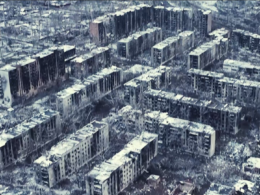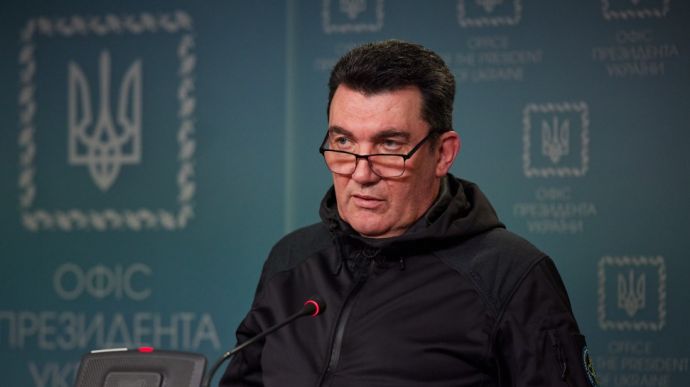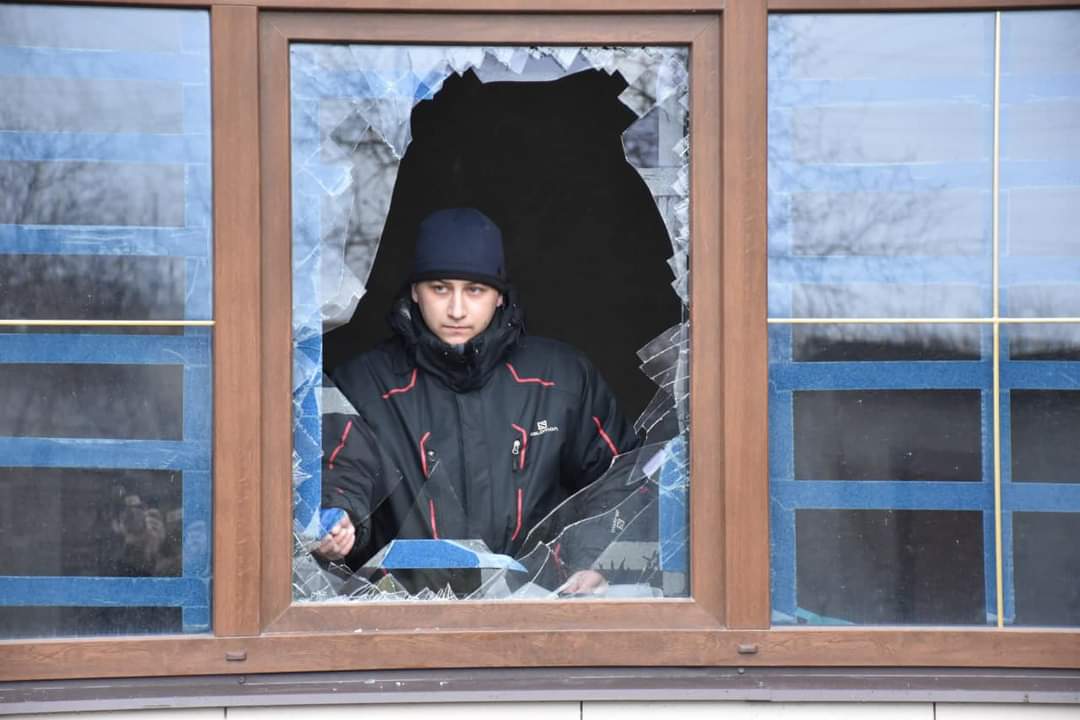US President Donald Trump has revealed that his administration has scheduled meetings with Ukraine, Russia, and “various parties” and said the “discussions are actually going pretty well.”
This comes as Ukraine faces battlefield challenges because Russia uses a war of attrition strategy to exhaust Ukrainian forces while simultaneously undermining their morale and international support. Ukraine’s military also struggles to recruit fresh troops to replenish its ranks. High casualty rates have demoralized potential recruits, and many seasoned officers have been lost, leading to a decline in battlefield performance. Delays in military aid from Western allies have further hindered Ukraine’s ability to sustain its defense efforts.
“We have meetings and talks scheduled with various parties, including Ukraine and Russia. And I think those discussions are actually going pretty well,” Trump told reporters at Joint Base Andrews on 2 February, according to Radio Free Liberty and CNN.
While Trump has promised to end the war quickly, the specific details of his strategy remain undisclosed. His envoy to Ukraine, Keith Kellogg, has claimed there is a “solid” strategy to end the conflict within months, though the details of this plan have not been made public.
Earlier, Keith Kellogg suggested both sides will need to make concessions to reach a peace agreement. According to Kellogg, Ukrainian President Volodymyr Zelensky has indicated willingness to “soften his position on land” despite consistently rejecting territorial concessions to Russia. At the same time, Russian President Vladimir Putin would need to make similar compromises.
Putin has complicated matters by refusing to hold direct talks with Zelenskyy, whom he describes as “illegitimate” due to the expiration of his presidential term.
Zelenskyy pointed out that Russia currently shows no interest in ceasefire negotiations or making concessions, as the Kremlin perceives such actions as defeats while it maintains battlefield advantages.
The Ukrainian president also highlighted that any agreement with Russia would necessitate security guarantees from allies. He advocated for NATO membership as the most cost-effective option, arguing that it would bolster President Trump’s geopolitical standing and demonstrate US authority over alliance membership decisions.
Kellogg emphasized the importance of holding Ukrainian elections, potentially by the end of the year, if a ceasefire is achieved.
“Most democratic nations have elections in their time of war. I think it is important they do so,” he told Reuters.
However, Ukrainian law prohibits elections under martial law, which has been in effect since Russia’s 2022 invasion, thereby extending Zelenskyy’s term beyond its scheduled end in 2024.
Zelenskyy has expressed willingness to conduct elections if hostilities cease and strong security guarantees are established to prevent future Russian aggression. Nonetheless, concerns persist that holding elections during ongoing conflict could undermine national unity and be exploited by Russia.
However, Zelenskyy’s adviser, Dmytro Lytvyn, expressed skepticism about this approach, stating that “if his plan is just a ceasefire and elections, it is a failed plan.”
At the end of January, Putin expressed willingness to meet with US President Donald Trump to discuss matters of “mutual interest” between Russia and the United States.
Meanwhile, Zelenskyy has cautioned against excluding Ukraine from any peace discussions between the United States and Russia, labeling such exclusion as “very dangerous.”
Donald Trump criticized Zelenskyy, labeling him as “no angel” and asserting that Zelenskyy “shouldn’t have allowed this war to happen.” Trump claimed he could have prevented the war through “a nothing deal” in 2022, suggesting that Ukraine’s resistance against a “much bigger, much more powerful” Russia was ill-advised.
In a January 2025 interview, the Ukrainian president disclosed that during the 2022 Istanbul negotiations, Russia demanded Ukraine appoint pro-Russian ex-MP Viktor Medvedchuk as head of state, reduce its military to 50,000 personnel, and dismantle all weapons with a range exceeding 20 kilometers. Additionally, Moscow insisted on full control over Donbas and a referendum on adopting a neutral status.
Zelenskyy emphasized that these were not genuine negotiations but ultimatums from the Russian president, which Ukraine could not accept.
Related:
- ISW: Putin’s rejection of Zelenskyy’s legitimacy sets the stage for Russia to violate any future agreements
- Trump’s envoy Kellogg pushes for Ukrainian elections in 2025 after potential ceasefire
- Zelenskyy warns against Ukraine’s exclusion from US-Russia peace talks
- Ukraine’s wartime unity at risk as ruling party seeks to ban opposition leader Poroshenko from parliament
- Finnish President Stubb Sees ceasefire possible in Ukraine in upcoming months
- Ukrainian FM says Putin lies about his peace intentions, demands pressure on Moscow after Russian drone kills nine civilians in Sumy






